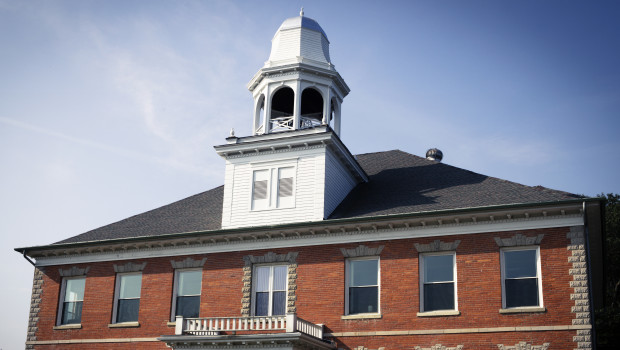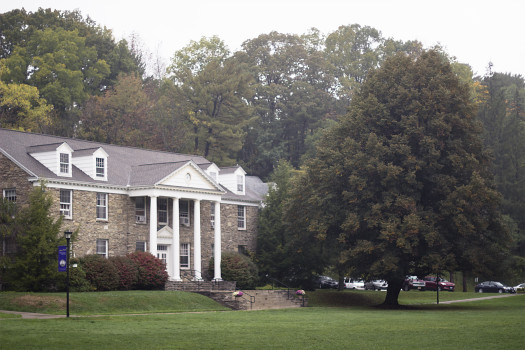New revisions to the Houghton College Community Covenant may soon be in effect. This is due to a push the last two semesters to adjust certain sections of the covenant according to Vice President of Student Life, Robert Pool.
The section in question currently reads: “We believe that Scripture clearly prohibits certain acts, including drinking alcohol to excess, stealing, speaking or writing profanely or slanderously, acting dishonestly, cheating, engaging in occult practice, and engaging in sexual relations outside the bonds of marriage (including premarital sex, adultery and homosexual behavior).”
According to Philip Maenza ‘17, President of the LGBTQ student group, this is not a new issue. “We’ve been trying for years- since my freshman year; I’m a senior now- to get it changed, to have it clarified,” he explained. He described the LGBTQ community’s attempts to add the issue onto the agenda for change (revisions). “I got involved with petitions and professors and different people and former alumni to word it and got into a really nice place. Unfortunately they [the Student Life Council] just weren’t on the same page as we were.”
According to Pool, change to the community covenant would begin with concerned students convincing the Student Government Association (SGA) that the matter is a real issue which affects students and requires redress. The SGA would then discuss and decide whether or not to pass the issue along to the Student Life Council. Pool explained that as Chair of the Council he works to create “the agenda and make sure that whatever advice or feedback I’m getting from the Student Life Council is appropriately woven into the policies we create or revise, and in this case it’s the community covenant.” He recalled there was a petition for revisions circulating, but that it was lost before it could be of true use. “But we realized this was an issue,” Pool reflected. “So we began discussing how to clarify the wording.”
Maenza said he and other members of the LGBTQ community, however, are concerned as to what that new wording may be. He said he was displeased that the revisions could further restrict student relationships and is concerned that they will have a negative effect on students. “They can’t quantify feelings,” explained Maenza, “so the covenant can’t say you can’t have gay feelings for each other but they are saying there can’t be a relationship. That just opens one up to a lot more gossip and backbiting.”
Micah Cronin ‘17, a member of the LGBTQ student group, also expressed concern about the new wording. “I think Houghton should consider whether restricting certain dating relationships is in line with federal Title IX regulations,” he said. “If not, that could open the college up to costly lawsuits.”
Pool did not make clear what the new wording in the covenant could be, only that it would make the rules on the issue of LGBTQ behavior more clear. Pool explained the proposed changes have not yet been put to an official vote. Voting could not take place until February at the earliest, although likely later. However, he did express hope that the change will be in effect for the next fall semester.


